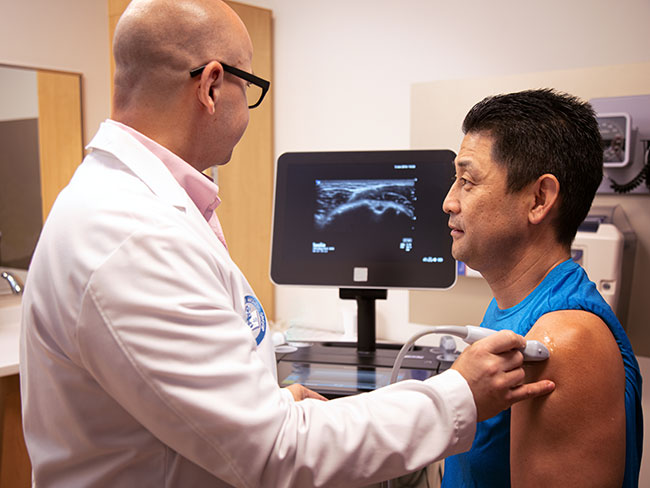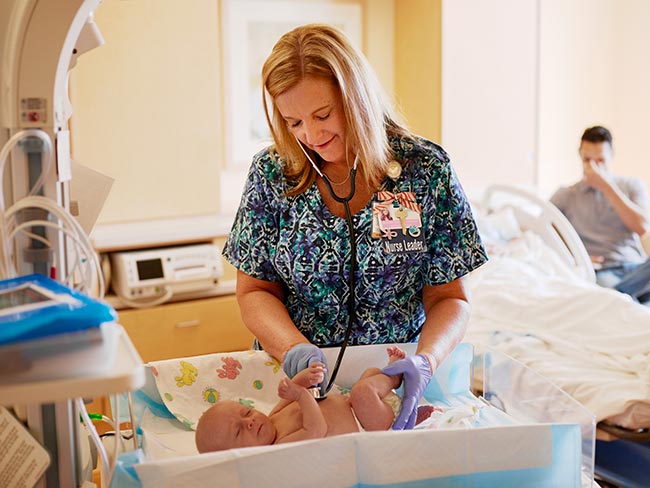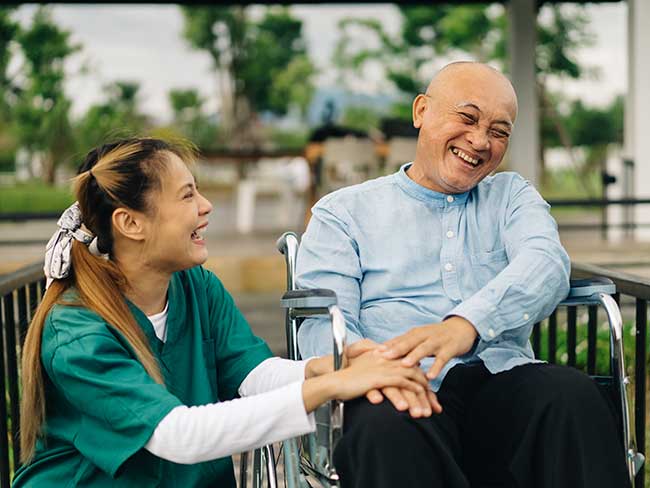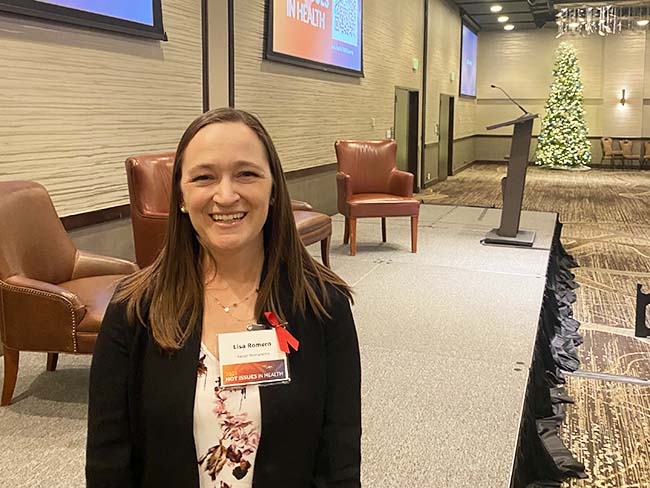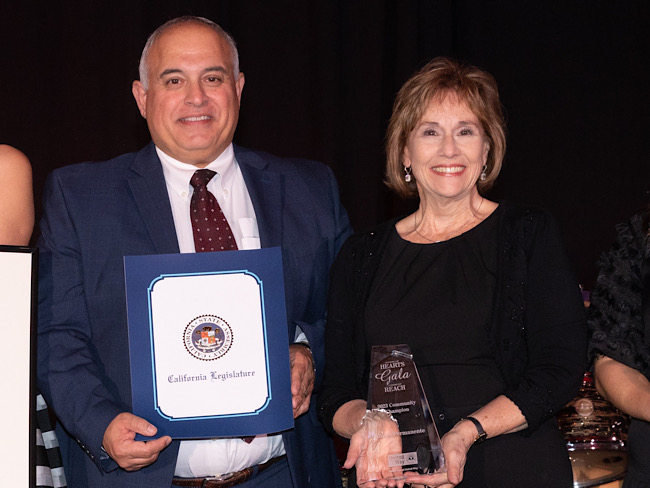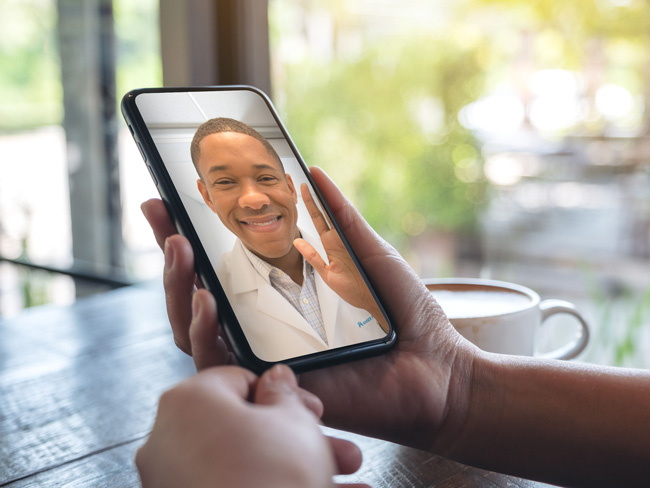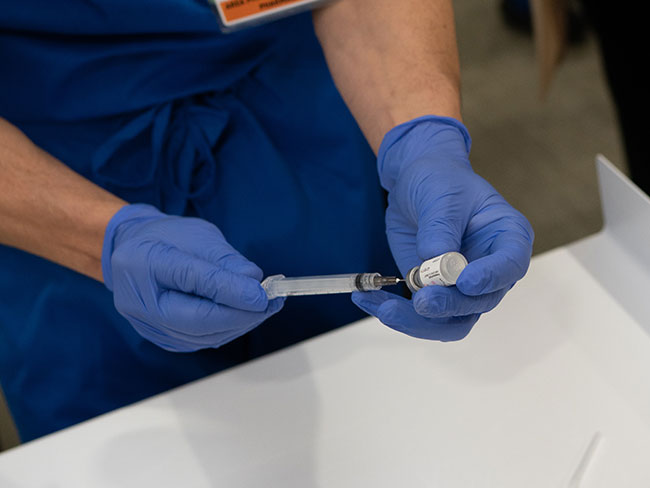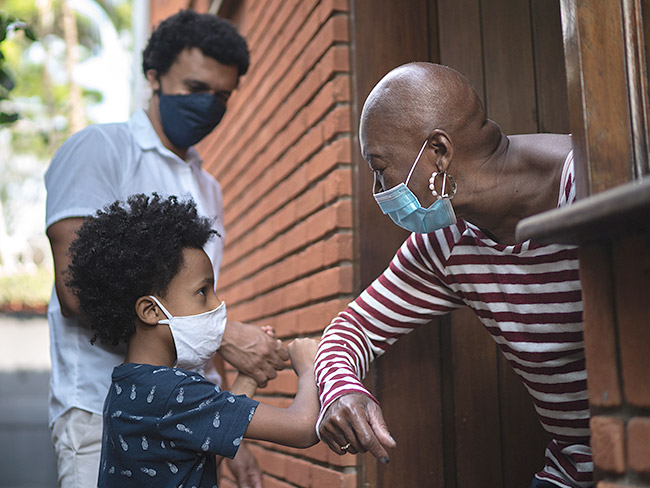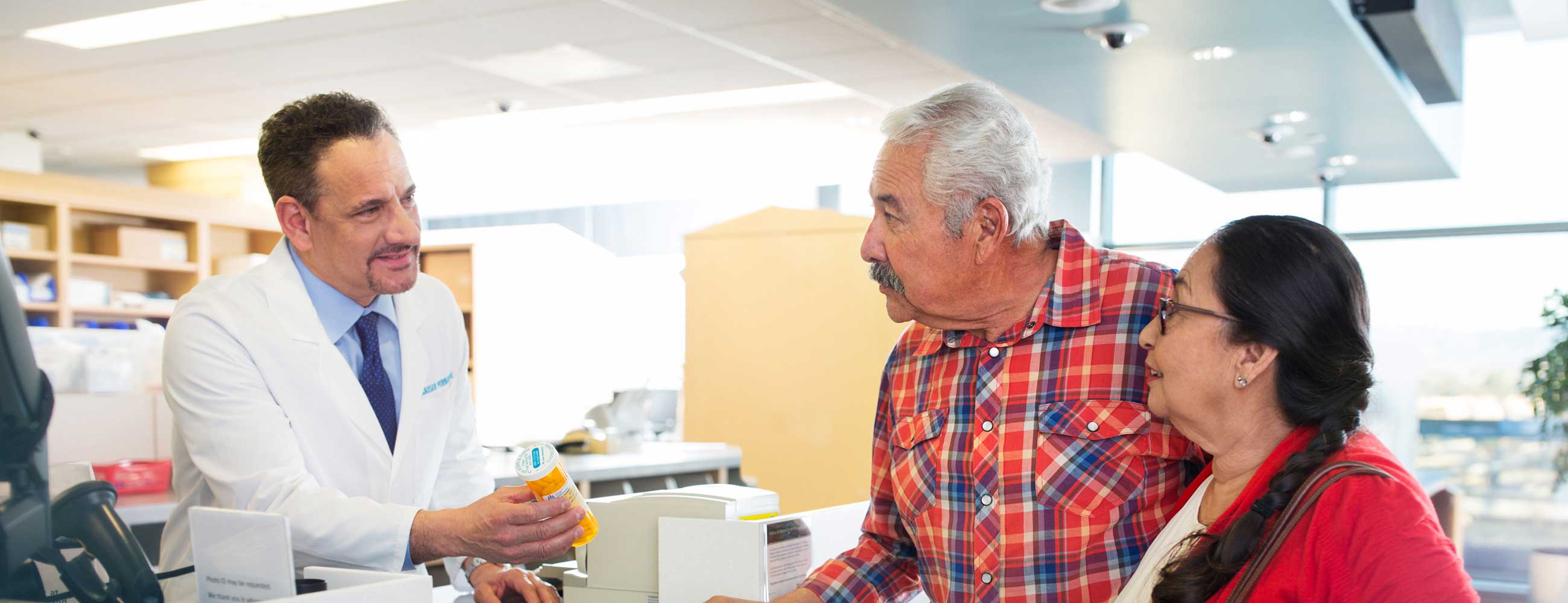Advancing mental health crisis care through public policy
Organizations that provide public mental health crisis services must work together with health care organizations to care for people in need.
Mental health crises do not wait for an appointment. They arrive unannounced, often when people are least prepared to deal with them.
For many people, the lifeline in those critical moments is the newly implemented 988 Suicide & Crisis Lifeline — a crucial tool in our collective effort to provide support in times of crisis.
As vital as this service is, it's not an endpoint. It's the beginning of a longer journey, requiring seamless integration between public mental health crisis services and clinicians in health care settings.
Bridging the gap between crisis response and ongoing care
Mental health crisis response and medical care organizations must be well coordinated and ready to receive individuals in crisis, just as crisis and medical care organizations do for someone experiencing a stroke or heart attack.
As I highlighted in a recent Kaiser Permanente Institute for Health Policy Forum, the task of integrating crisis care with health care requires collaboration among government entities, health care clinicians, the public crisis response system, and community organizations.
At Kaiser Permanente, we understand the need for collaboration and are working hard to improve mental health crisis care and better coordinate care between public-facing systems, such as 988, and our organization.
We are working closely with state officials to coordinate follow-up appointments for members who call 988 or their local crisis line. We are also increasing the number of behavioral health consultants in primary care. Each is a step toward bridging the gap between immediate crisis response and ongoing mental health care, acknowledging that one cannot function without the other.
Public policy recommendations for better crisis care
The successful rollout of 988 highlights how policy can improve integrated crisis care. We have an opportunity to build on the momentum of 988 by crafting policies that enhance our country’s crisis care system. That's why at Kaiser Permanente, we support:
- Strengthening access to crisis services: People in crisis need different communications options to feel comfortable reaching out for help. Policymakers should fund crisis call centers so they can offer a full range of communication choices, including calls, texts, and chats.
- Advancing residential crisis programs: Like many medical organizations, we have patients in need of mental health crisis services who face long wait times due to a lack of beds. Policymakers should relieve the burden on emergency rooms around the country, including Kaiser Permanente's, by increasing funding for residential crisis stabilization programs that provide short-term, nonhospital care. This approach provides an alternative to traditional ER visits, ensuring timely and appropriate care for people in crisis.
- Building mobile crisis teams: Too often mental health crises are responded to by law enforcement officers without the adequate resources or training to address them. Policymakers should use enhanced federal Medicaid and state planning grants to deploy mobile crisis teams. These teams become first responders, providing immediate stabilization during crises. Arizona's Medicaid program shows how effective this can be. Mobile teams in the state have improved outcomes for people in crisis and significantly reduced the burden on the state's emergency departments.
- Integrating crisis and other health care services: Mental health response often requires operational cooperation among different agencies and organizations, but infrastructure often doesn’t exist to bridge silos. Policymakers should create the administrative and operational infrastructure necessary to support closer integration between crisis and other health care providers. This will improve patient health and will also help patients transition back to their regular care networks after the crisis is addressed.
- Measuring outcomes: Many areas of health care have achieved greatly improved outcomes by measuring quality and driving change. We need to do the same in the mental health field. Policymakers should emphasize transparent care measurement, capturing outcomes such as stabilization, residential treatment, or return home. This can propel care improvements and identify areas requiring attention and investment.
The 988 Suicide & Crisis Lifeline has opened a new door for mental health support. It's our shared responsibility to ensure that door leads to a caring, connected network that stands ready to help at any moment.
As a country, we can redefine crisis mental health care. We must seize the opportunity to create a system where quality care, compassion, and integration are the norms.












